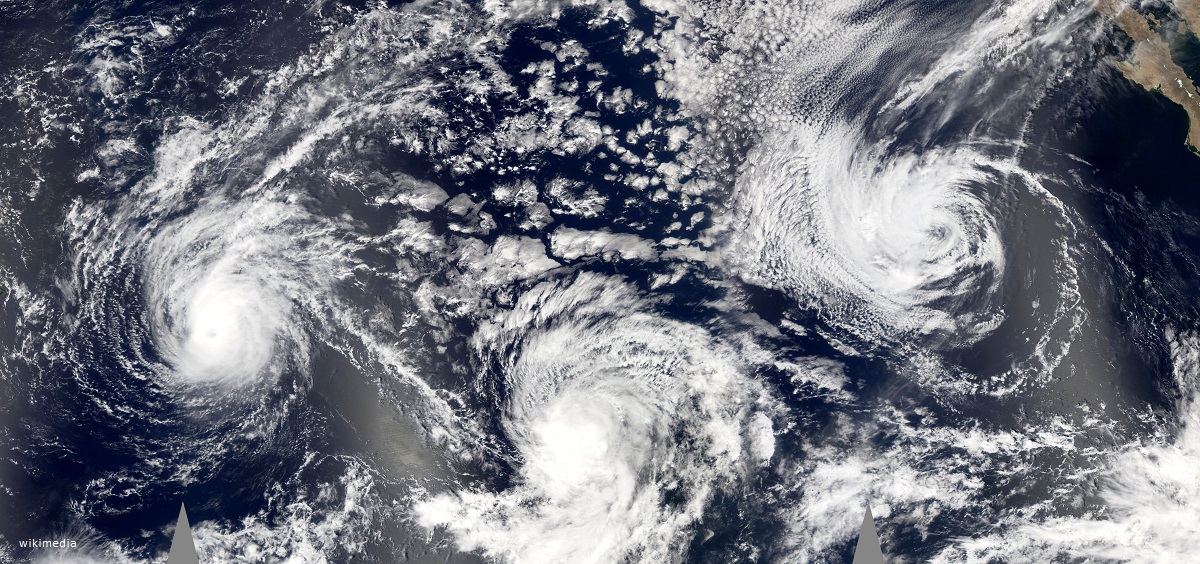The Start Fund’s biannual FOREWARN meeting in early September was an opportunity for FOREWARN members to both contribute and draw from a collective body of work. As FOREWARN continues to grow, as well as decentralise – connecting forecasters, scientists, risk analysts and humanitarian decision-makers at all levels proved vital.
Start Network’s Crisis Anticipation Technical Advisor, Emma Flaherty reflects on the event and some of the practical examples of anticipation in action and present evidence that the sector is moving towards pre-emptive, earlier humanitarian action.
Start Network welcomed a broad range of FOREWARN members to the network’s second bi-annual FOREWARN meeting. The agenda was packed and discussions plenty - including exciting proposals for the future of FOREWARN at both the global and national level.
An ‘ideas marketplace’ initiated an opportunity for community members to showcase their expertise and really see the breadth and scope of the work that has been achieved as a FOREWARN community. Presentations included: Start Network’s own Labs team on Risk Financing, Welt Hunger Hilfe’s Forecast Based Financing project Modelling drought for early action in Madagascar, Care and ODI’s research project on scaling forecast based early action, Richard Ewbank of Christian Aid on El Nino SOPs, Natural Environment Research Council and the UK Space Agency on their portfolio of projects on science for humanitarian emergencies and resilience and Angila Ruskin’s Global Sustainability Institute on the Global Chaos Maps project.
Whilst the meeting enabled productive feedback to be gathered on the proposed future FOREWARN strategy, time was also taken to reflect on the considerable achievements of the FOREWARN group and the Anticipation Window. To date, 844,690 people have been reached with anticipatory interventions for hazards ranging from disease outbreak to conflict – a great feat.
It was great to see broad support alongside receiving constructive feedback from members on the proposed new strategy for the evolution of FOREWARN which we will be sharing more information and updates. At an initial stage, plans include piloting FOREWARN groups at the national level and establishing thematic sub-groups that bring together the best ideas and experience from both the academic and humanitarian practioner communities. We’ll be taking the steer from participants to give careful thought and attention to how we maintain and grow the unique inter-disciplinary focus of the FOREWARN community group and meetings.

